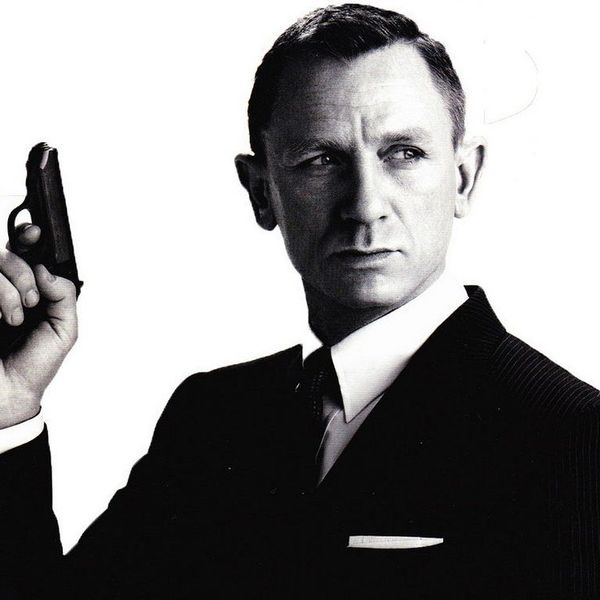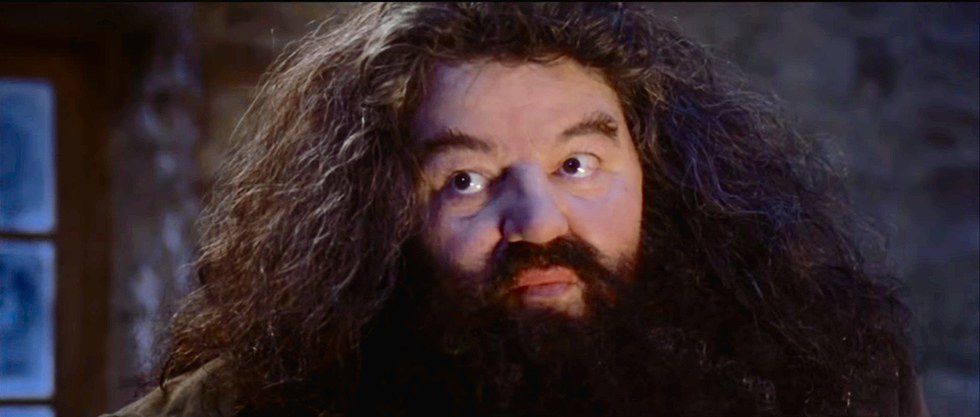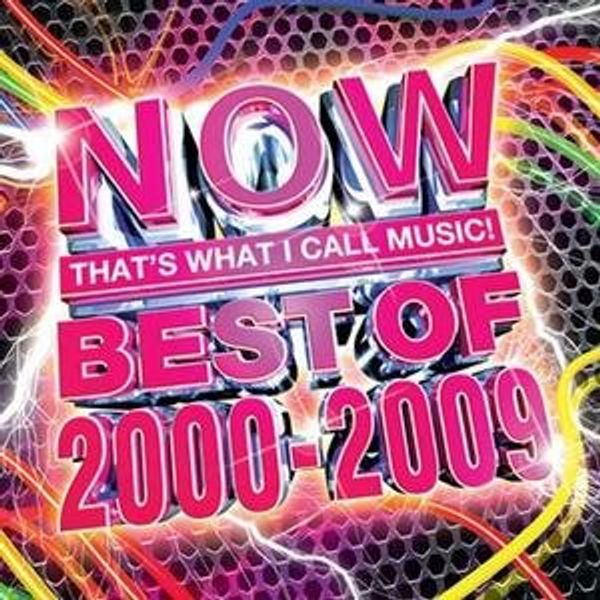Metaphors are hard. Where did Anthony
Burgess find the willpower to painstakingly insert symbolically
charged images in his novel “A Clockwork Orange?” Villain
protagonist Alex discards a picture of a baby just as he was
beginning to question his own maturity, effectively “throwing away”
his youth in exchange for adulthood at the end. Who has time for
that?
Abstract story telling is how story-tellers insert meta-narrative and meaning into their work, making their readers think in order to discover the overall message being portrayed. That sounds complicated as balls. Let's just half-ass the entire thing. Here's how everyone else does it.
Rain
Is something dramatic happening? Is a character lost in a depression? Left alone, abandoned with nobody? Holding up the carcass in their arms as they look up into the sky? This calls for a heavy rainfall.
Yes! Put emphasis on those raindrops! Streams of rain drops look suspiciously like tears, perhaps because they are both made from water. Whenever there's water coming washing down on a person, pouring down his or her face, it will mean that the character is sad. The audience can probably already tell when a character is sad, given the circumstance portrayed, but we don't respect them enough for that. We need something physical, even if the character is not crying outwardly, the rain will tell the audience that they are crying on the inside.
Alternatively, if the rain is happening during a climactic battle, at the end of a climactic battle, or during a moment of wistful reflection, the rain will symbolize the cleansing of an old world and the birth of a new era. Y'see, water doesn't just come from the skies and from people's eyeballs. It can also be used to wash stuff! Whenever the audience sees rain and everyone is quiet and looking at each other with philosophical faces, they will know that whatever happened beforehand is over and whatever happens next will be ambiguous. Unless there's a sequel.
In addition, if the rain comes from a thunder storm, then it represents conflict. That's just how it works, okay?
Blood
Nothing ever good happens when someone is bleeding from some newly created orifice. It's icky and gross. And if it shows up, it can only mean one thing- death! Whenever a character bleeds in a movie or novel, it means that they are either dead or are coming close to being dead. There is very little in between. This means that every time the audience sees some blood anywhere they know to be scared! Especially if someone spits it up. That just means that that character is completely screwed and there's nothing anyone can do to stop it. Unless it comes from someone's lip or mouth, in which case it just represents how badass they are. The only injuries cold, lone wolf types get in fist fights are lip cuts.
If someone is sprayed with blood, it means that they've either killed someone or that they've seen someone get killed. The phrase "you've got blood on your [whatever]" typically indicates that former.
Also, blood is always always always crimson red. Even when it dries. Blood is never orangish and it cannot dry brown. Science says that blood is red and there is to be no deviation whatsoever!
The Chosen One
Now we're getting into the really deep stuff. Whenever a character discovers that they are special for some arbitrary and asinine reason, it's almost always in their adolescence. And being the chosen one comes with a lot of perks- you get a dedicated love interest, a rival you can pulverize before the end, an old mentor who is suspiciously friendly, and most importantly: absurd powers. As always, the chosen one's power will be much stronger than anyone else's power. So much stronger, in fact, that the evil villain at the end will become shocked and overwhelmed by such power coming from the hands of a kid who isn't even allowed to drink legally. Then you're guaranteed an entire franchise of sequels and spinoffs as well as a film adaptation.
So what does it mean? Oh, it's puberty. Whenever a kid suddenly finds themselves armed with extraordinary power and a conflict only they can stop, it's meant to symbolize growing up and all the responsibilities it comes with on top of new freedoms.
“Yer an adult now, Harry! File yer taxes quarterly!”
Guns
This is America! And we use guns here, damn it! We demand our male protagonist be efficient with a fire arm! Even if he's never used a gun before, our grizzled hero will be able to use one like John Wayne at an NRA conference! All the badguys will miss with their guns, that's because they aren't hardened like our ultra-masculine hero. He won't miss, because he's just much more man than anyone else!
If there's a female character with a gun, she has one of two options. She will either have no idea how to use one and the male protagonist will have to show her the ways of the almighty firearm, or she will be an expert who outguns the hero at some point and says something along the lines of “mine's bigger.”
This is because guns, you see, are phallic in nature. Just ask Zardoz. This means that you can't truly be a man unless you have one, and you had better be sure you can use it better than anyone else possibly can! Otherwise, how would anyone know that you're rocking enormous genitals? Hell yeah, you're not overcompensating you're just that manly. Even if a female character has one, she's showing off how much tougher she is to the other guys. After all, in action movies, women are either hormonal and therefore can only be in the way, a sexual reward to be won, or there for the hero to rescue and then have sex with.
Allusions to the Biblical images
Is your hero going to sacrifice themselves at the end, ultimately becoming the best hero ever? Better give them JC for their initials. Y'see, JC also stands for Jesus Christ! The protagonist is essentially the biblical savior of mankind! Nobody has ever thought to use these initials before! Also, it helps if they ever hold their arms up like they're being crucified. Whatever you do, don't be subtle about it at all.
The antagonist is also going to be associated with fire. Fire equals hell, so if the antagonist has some control over it he must be the devil! And the devil is evil! It's not enough to make your antagonist do bad things, he's also got to remind everyone of Satan so we know for sure.
On the list of Biblical pseudo-symbolism, everything is divided into good and evil. Religion makes morality easy- everything's a strictly binary choice between things that make God happy and things that make God cry. On the good side, we have:
Glowing lights, clouds, white wings, anything gold, and everything that falls from the sky that isn't aliens or planes. In fact, if it's purely white, chances are it's “good” and “pure.” Sure, that leaves us with some unfortunate implications, but we're here to tell a story! We don't have time to bother with things like sensitivity to things that aren't white and heteronormative!
On the opposite spectrum, the bad things include:
Shadows, horns, swinging tails, and basically anything that comes from the ground. Also, much like the villain, if it's covered in fire it's probably an allusion to hell.
This, friends, is how you write like a professional! Take the easy route and retire early, living off of booze and the various awards given to you by prestigious institutes. Middle school libraries everywhere will be stocked with your contribution to literature. Fast food restaurants will have a generic food named after an element from your story. And if you aren't going to sell the movie rights, why even bother writing in the first place?





















